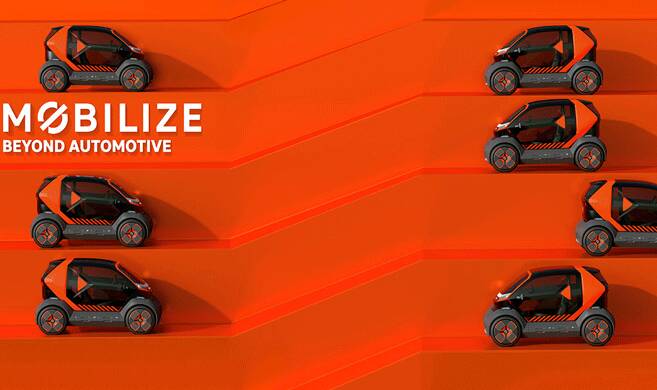Indeed, in France, three to four million people can be classified as ‘working poor’, meaning that their modest income puts them below the poverty line. As part of a CSR initiative, Renault, a leading European automaker, launched the Mobilize initiative in 2012.
Renault with an ecosystem of partners of organizations, including after sales repair, financing, and micro-credit solutions providers came up with a mobility offer, allowing its recipients to access reliable personal transportation under very affordable conditions.
WHY THIS CASE?
The case describes the complex environment in which Renault’s Mobilize initiative is set. Access to mobility or lack thereof is correlated to poverty, which suggests that a firm like Renault may have an important role to play to alleviate poverty by proposing alternative mobility solutions.
It is not clear what commercial offers would address this issue best and how to deliver these to the targeted population while making sure that all stakeholders of the project are motivated to remain within the ecosystem.
The key learnings of the case are about how to design a target offer, map stakeholders to design an ecosystem, and reflect on how Mobilize fits within the overall Renault’s business model.
More about Mobilize here. Find the case study on the Case Centre platform here.








